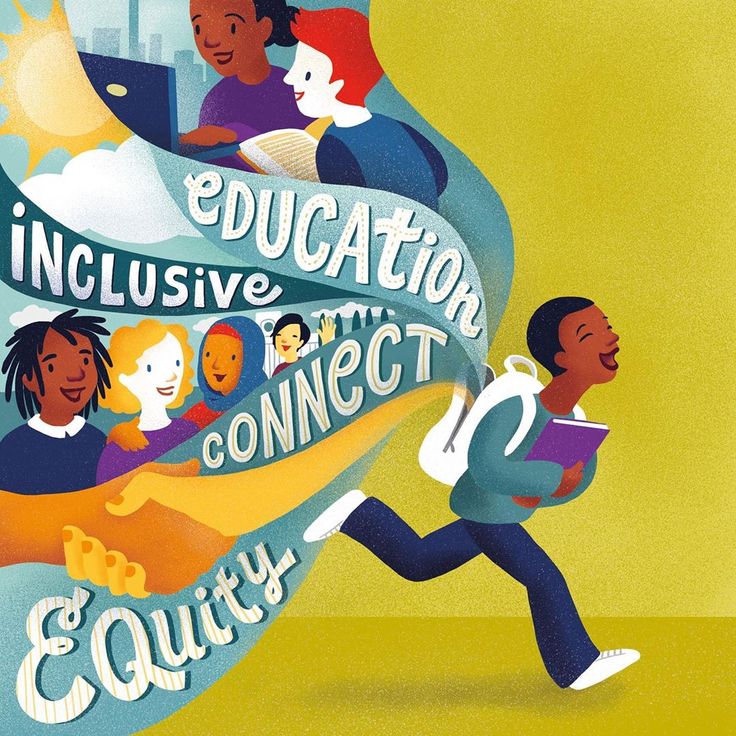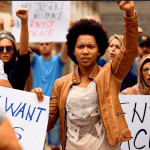Hate speech incites violence and undermines social cohesion and tolerance. The devastating effect of hatred is sadly nothing new. However, its scale and impact are nowadays amplified by new technologies of communication, to the point that hate speech – including online – has become one of the most frequent methods for spreading divisive rhetoric and ideologies on a global scale and threatening peace.
The United Nations has a long history of mobilizing the world against hatred of all kinds to defend human rights and advance the rule of law. The impact of hate speech cuts across numerous existing United Nations areas of focus, from human rights protection and prevention of atrocity crimes to sustaining peace and achieving gender equality and supporting children and youth.
Because fighting hate, discrimination, racism and inequality is at the core of United Nations principles and work, the Organization is working to confront hate speech at every turn. This principle is enshrined in the United Nations Charter, in the international human rights framework and in the global efforts to achieve the Sustainable Development Goals.
Hatred is a danger to everyone – and so fighting it must be a job for everyone.
ANTÓNIO GUTERRES, United Nations Secretary-General, 2021
In response to the alarming trends of growing xenophobia, racism and intolerance, violent misogyny, anti-Semitism and anti-Muslim hatred around the world, UN Secretary-General Antonio Guterres launched the United Nations Strategy and Plan of Action on Hate Speech on 18 June 2019. This first UN system-wide initiative designed to tackle hate speech provides an essential framework for how the Organization can support and complement States’ efforts. The strategy emphasizes the need to counter hate holistically and with full respect for freedom of opinion and expression, while working in collaboration with relevant stakeholders, including civil society organizations, media outlets, tech companies and social media platforms.
This Article is by the United Nation









